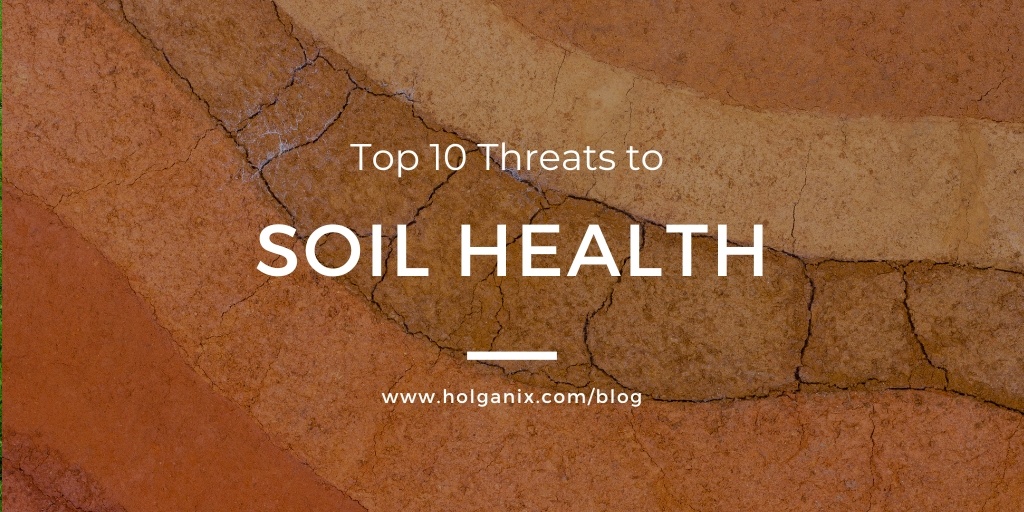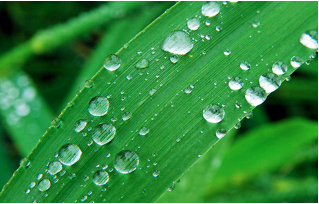The Science Behind Holganix
Entry thirteen: Achieving Natural Insect Suppression
With the present green trend coming to new high expectations from our customers to keep things as environmentally friendly as possible. Chemical products work, but there are also some easy ways to incorporate natural insect suppression that will appeal to your customers and save you money. Here are four ways to improve insect suppression naturally: having and creating healthy plants, utilizing milky spore and plant oils, increasing the natural predators and practicing integrated pest management (IPM).
It all comes down to having healthy plants. Healthy plants resist insect damage better than those that are unhealthy. Plants are just like us: when we are injured or sick, we recover better if our bodies are healthy. Creating healthy plants is key to achieving natural insect suppression. One way to help plants stay healthy is by applying a compost tea or biological meta-catalyst. They are probiotics for the soil, creating a soil environment that promotes healthy plants.
Milky spore is also a natural insect suppression tool. It is a beneficial bacterium that works as a deterrent to grubs larva of Japanese beetles that are harmful to the lawn. It helps balance the relationship between predator and prey in the environment. However, it’s complicated to use and tends to be costly. Better tools include plant oils like melaleuca oil. These are natural plant extracts that generally repel insects, creating a natural suppression. They are especially great for controlling insects without exterminating all the bugs. After all, we aren’t exterminators; killing all bugs isn’t the goal. If we destroy every insect, then we no longer have natural predators to fight off the bad insects. Therefore, maintaining the population of natural predators is another great way to achieve natural insect suppression. IPM also incorporates this same philosophy. IPM is a practice where you spray insecticides down sparingly and only when and where you need them most. It’s about finding the problem and treating it, not the entire landscape.
 2 min read
2 min read


.jpg)
-4.jpg)
-2.jpg)
-1.jpg)
-1.jpg)
-1.jpg)
.webp)
-1%20(1).webp)
-831535-2.webp)



